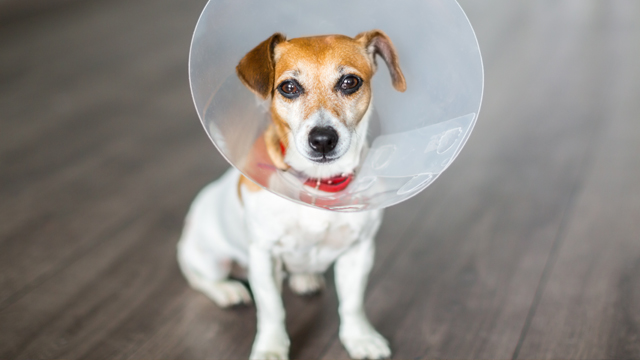One of the most significant reasons for spaying and neutering pets is to control the overpopulation of animals. Millions of unwanted dogs and cats, including puppies and kittens, are euthanized each year, most of them healthy.
By spaying or neutering your pet, you can be a part of the solution to reduce the number of homeless animals by preventing more pregnancies.

Spaying and neutering offer various health benefits that can help your pet live a longer, healthier life. Spaying females prior to their first heat cycle significantly reduces the risk of mammary cancer and eliminates the risk of uterine infections and uterine cancer. Neutering males prevents testicular cancer and reduces the risk of prostate problems and perineal hernias.

Neutered males are less likely to mark their territory by spraying strong-smelling urine both outside and inside. They are also less likely to roam away from home, reducing the risk of injury in fights or traffic accidents. Neutering can also significantly reduce the incidence of inter-dog aggression and fights. Spayed females will not go into heat, which means they won’t attract unwanted male attention or exhibit behaviors like bleeding, yowling and urinating in inappropriate places.
When to Spay or Neuter Your Pet
The ideal age to spay or neuter your pet varies depending on their breed, size, and health. Generally, veterinarians recommend spaying or neutering cats and dogs before they reach sexual maturity, which is typically around six months of age.
In overpopulated shelter situations, early-age spaying and neutering as young as eight weeks old is also considered safe and effective. Newer studies are looking into the link between very early castration and cruciate ligament tears. This is rare and mainly applies to large and giant breed dogs, and keeping pets at a lean body weight is more effective at reducing ligament tears than the age of castration.
This is not a reason to avoid castrating your pet, but it is why it is crucial to consult with your veterinarian to determine the best time to spay or neuter your own pet, as they can provide personalized advice based on your pet’s specific needs.